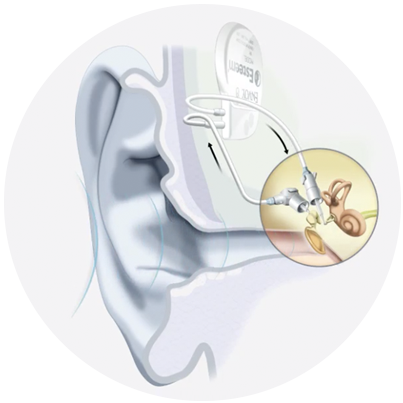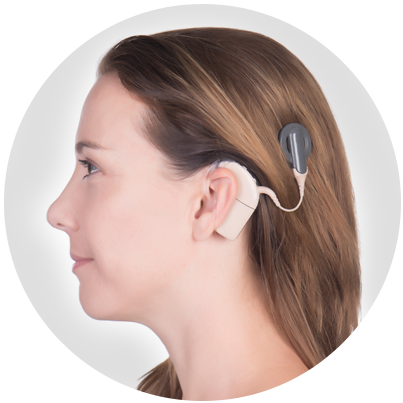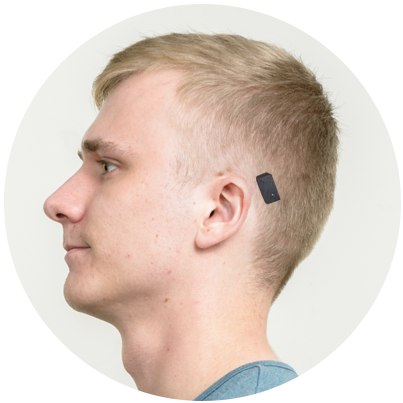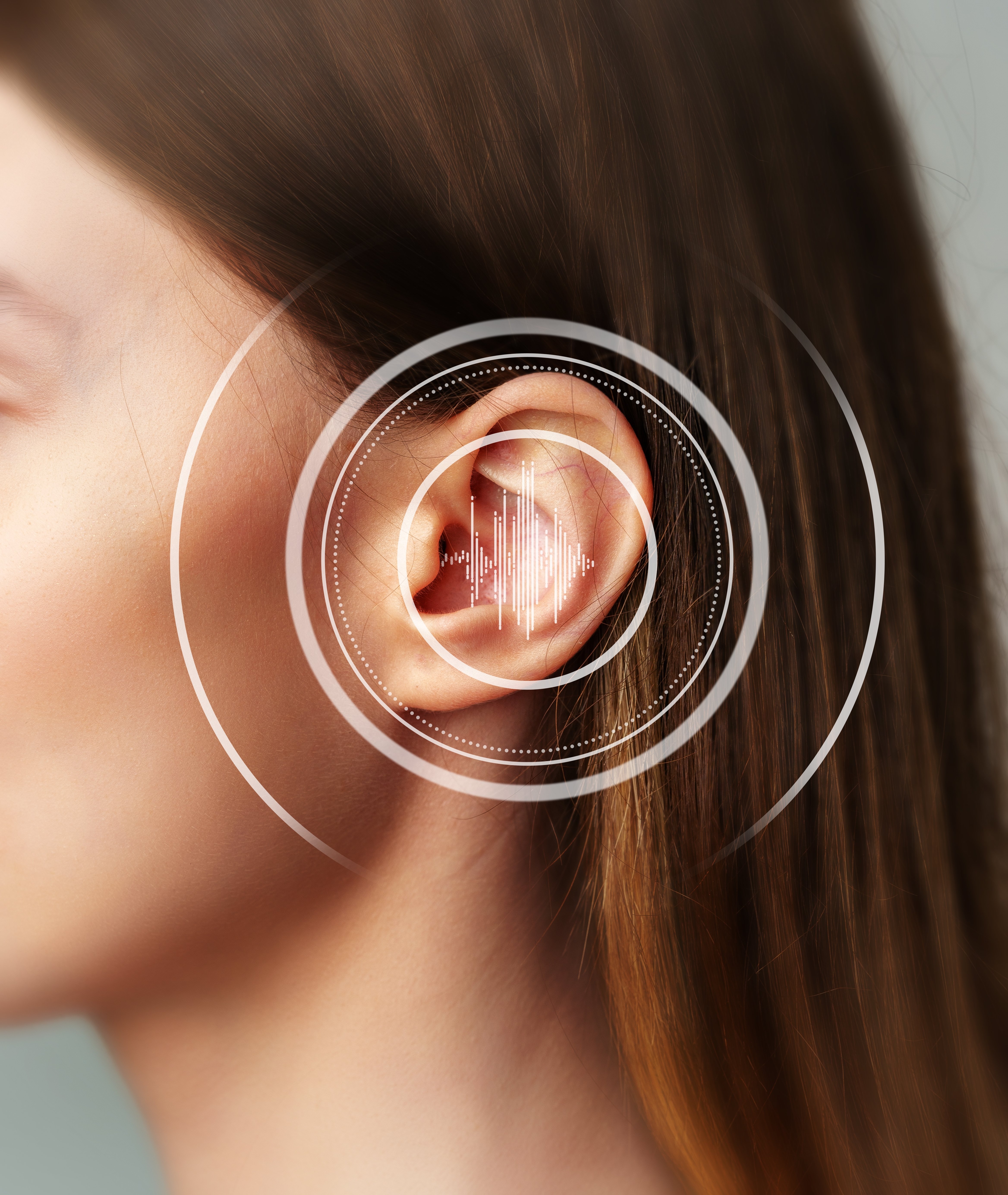Implantable Hearing Options
There are various surgically implanted solutions available to address hearing loss, the appropriate treatment options will depend on both the type and severity of your hearing loss.

Types of Hearing Implants

Middle Ear Implants

Cochlear Implants

Surgical Bone Conduction Implants
You may raise the risk of other health issues:
A research report on the effects of untreated hearing loss published in the Journal of American Medical Association found that "...untreated hearing loss is associated with a greater risk of depression, dementia, heart attack and falls. The data showed that over 10 years, untreated hearing loss was associated with a 52 percent greater risk of dementia, a 41 percent higher risk of depression and an almost 30 percent greater risk for falls when compared with those who had no hearing loss."
Read the AARP report, Untreated Hearing Loss May Raise Risk of Other Health Issues. →
You are at a greater risk of cognitive decline and dementia
Research studies from Frank Lin, MD, assistant professor at Johns Hopkins University, have identified connections between hearing loss, cognitive decline and dementia. That means that it may be a greater health threat than realized and that treatments that restore and maintain hearing can have a huge impact on healthy brain function.
"Hearing loss shouldn't be considered an inconsequential part of aging," said Dr. Lin, an otologist and epidemiologist who studies the effects of hearing loss on older adults.
Read the Chicago Tribune article referencing Dr. Lin’s study, Studies show link between hearing loss, mental decline. →
Trending on Our Blogs
New Year, New Advances: What's Coming Next in Hearing Health
- Envoy Medical Staff Member
- January 18 2026
Look at These Numbers: Hearing Loss, Chronic Disease and Your Choice
- Envoy Medical Staff Member
- November 22 2025
Fall into Hearing Safety: Why Autumn Noise Deserves Your Attention
- Envoy Medical Staff Member
- October 11 2025




